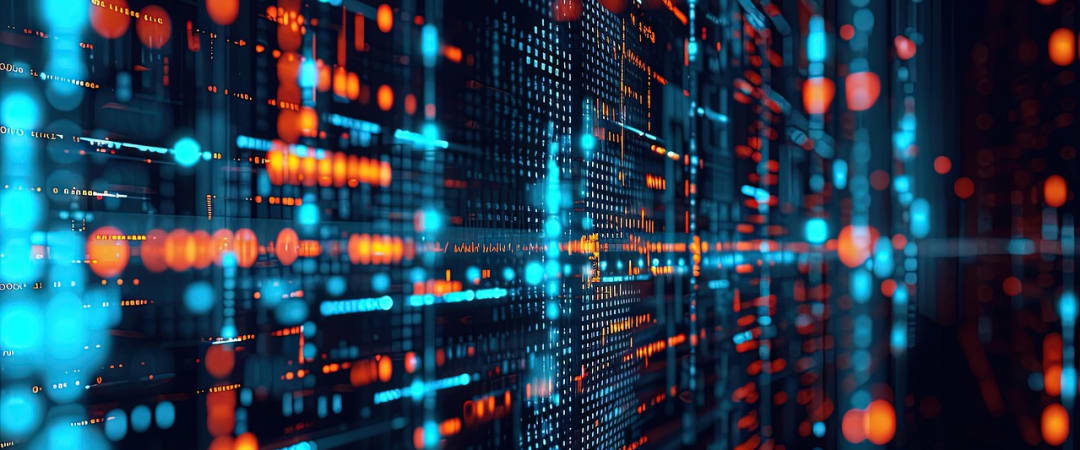- Innovation
- Drinking water & Sanitation
- Integrated Water Resource Management (IWRM)
- Optimisation, sensors, automation, modelling
International Day for Science, Technology and Innovation in the South: OiEau's innovative initiatives

Every year, 16 September is dedicated to the International Day for Science, Technology and Innovation in the South. This day highlights the crucial importance of R&D, science and innovation in Southern countries in achieving the Sustainable Development Goals (SDGs), particularly in combating poverty, inequality and climate challenges.
This day highlights the imbalance in R&D investment, with high-income countries accounting for 77% of total expenditure, compared to only 0.3% for low-income countries. Through this day, the UN encourages targeted investment in infrastructure, information and innovation to catch up, particularly on SDG 6 (drinking water, sanitation and hygiene).
Thanks to its expertise, OiEau supports and guides certain water stakeholders, such as local authorities and industrialists, in the deployment of solutions, particularly digital ones, incorporating AI.
OiEau's innovative actions
The International Office for Water takes concrete action to integrate science and innovation into water governance and sustainable development through its four key areas of expertise:
- Support & Cooperation
- Training & Skills
- Data & Information Systems
- Facilitation of stakeholder networks
Innovation is profoundly changing the water sector: geospatial data, modelling for forecasting, new treatment processes, etc. have become essential for responding to new strategic management scales and thus supporting decision-making.
Flagship projects
For more than ten years, OiEau has been promoting space hydrology as an essential complement to in situ measurements, particularly in transboundary basins. Thanks to space altimetry and missions such as SWOT (CNES/NASA), it is now possible to continuously monitor river and lake levels, anticipate floods and improve river navigation.
Among the projects led by OiEau are, notably within the framework of the DYNOBA project, the reconstruction of hydrological data in the Congo Basin, flow forecasting and flood alerts in the Niger Basin, the SAGUI alert system in French Guiana, and the integration of SWOT data in the Senegal Basin.
Similar initiatives are also being carried out in the Chad, Volta and Gambia basins, as well as in Brazil and Suriname (Bio-Plateaux).
OiEau is involved in raising awareness among water stakeholders about artificial intelligence (AI), a tool now used in the water sector. Applied to resource and environment management, it provides detailed knowledge that is essential for decision-making, in particular through the collection, analysis, structuring and provision of reliable data and information.
It has also found its place in the small water cycle (treatment, distribution, networks), enabling better targeting of investments, optimisation of costs and improved implementation of adaptation measures. OiEau has developed training courses for professionals in the sector.
OiEau has also developed a Water & Biodiversity Knowledge Base, which aims to share and disseminate reliable, high-quality digital information on water and biodiversity issues. It incorporates an AI-based conversational agent to enable natural language queries.
In addition to these projects carried out with countries in the Global South, OiEau is involved in projects promoting innovative solutions which, once developed in countries in the Global North, can be adapted to conditions in countries in the Global South.
For example, Explore2 is a scientific project aimed at producing detailed hydroclimatic projections for France up to 2100. The training/awareness component of the project, led by OIEau, will facilitate the uptake of the results through MOOCs, summaries and reports.
In the face of the impacts of climate change, Nature-Based Solutions are an effective approach to building resilience to extreme hydrometeorological events such as floods and droughts. The SpongeScapes project focuses on the potential use of natural water retention measures to improve the sponge function of groundwater, soil and surface water across Europe.
Also addressing the challenges of climate change, the main objective of InnWater is to promote social innovation to renew multi-level and cross-sectoral water governance. It responds to the need to find sustainable solutions for water use arbitration that take into account the realities on the ground.
Stepping up efforts for a resilient and innovative future
16 September is a major opportunity to promote the importance of science and innovation in Southern countries as an essential lever for sustainable development.
OiEau's actions, through its innovative projects, illustrate how collaboration, experience sharing, digital tools and technical expertise can transform water governance and strengthen local capacities.

